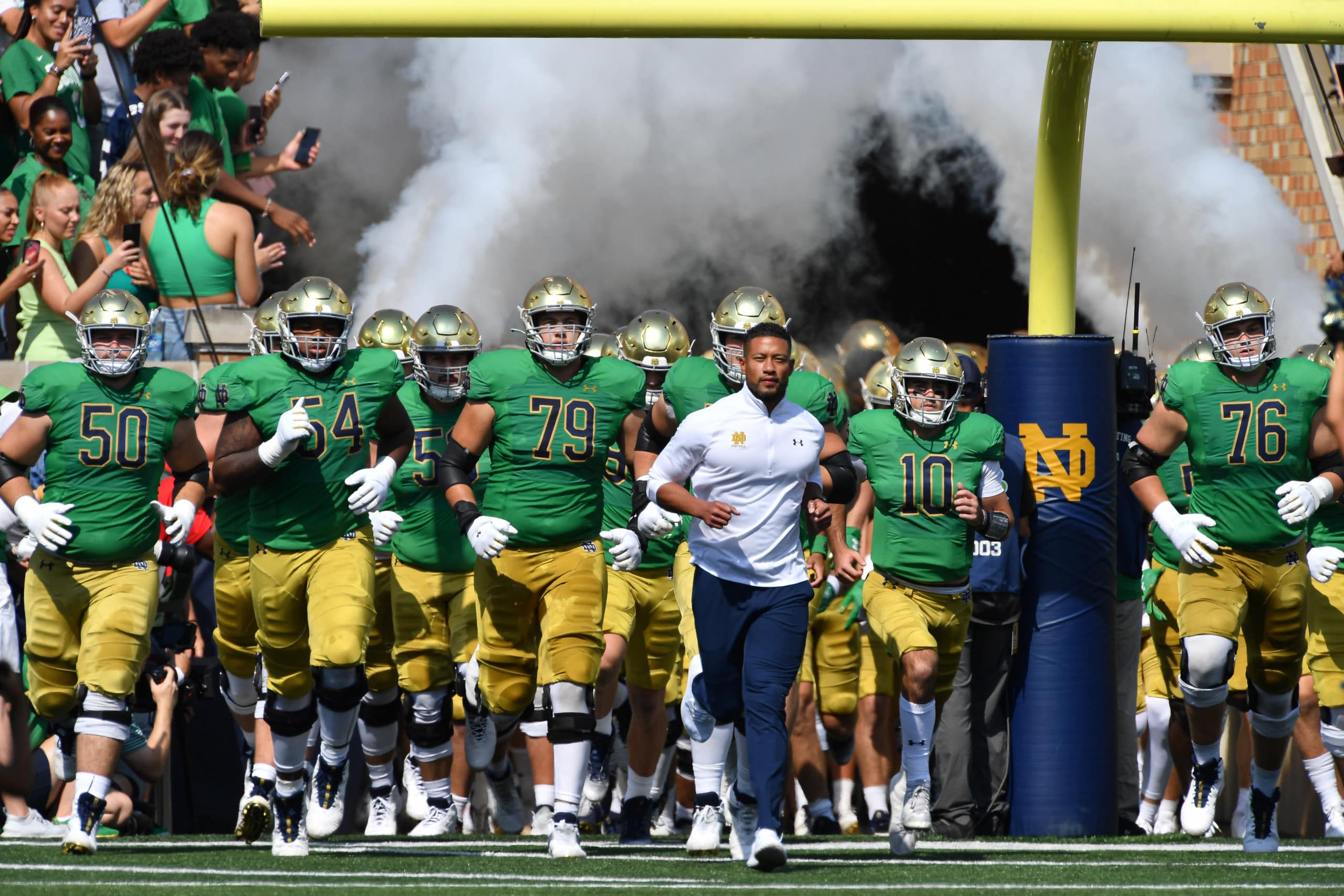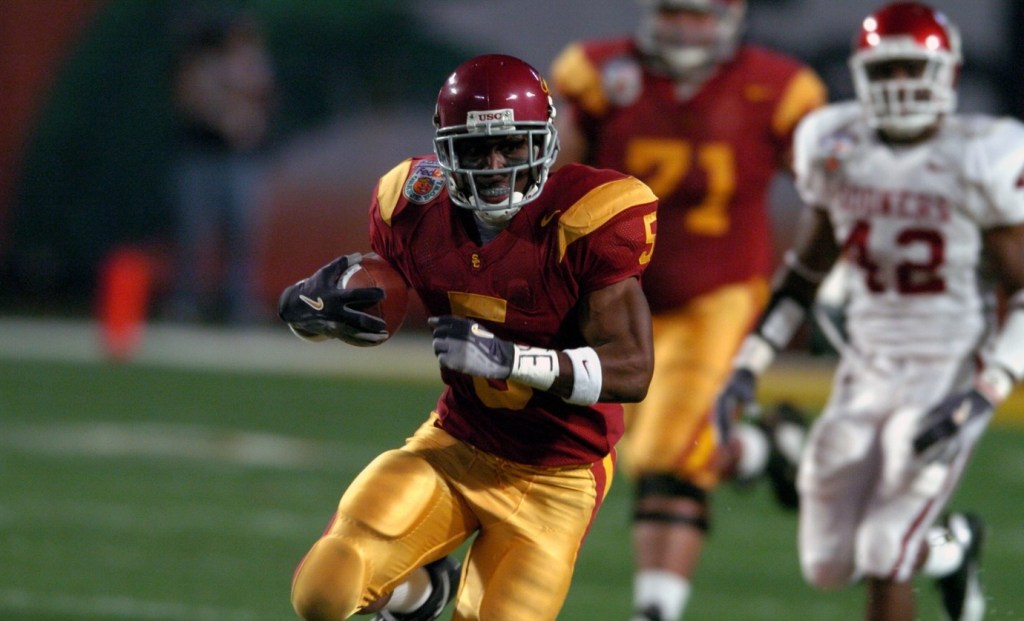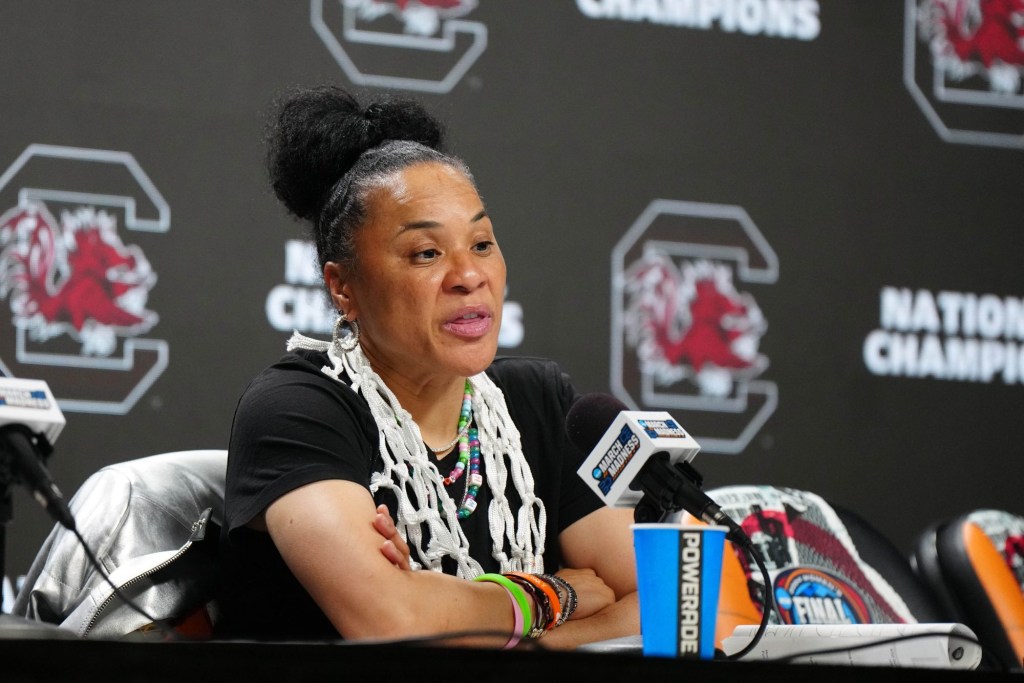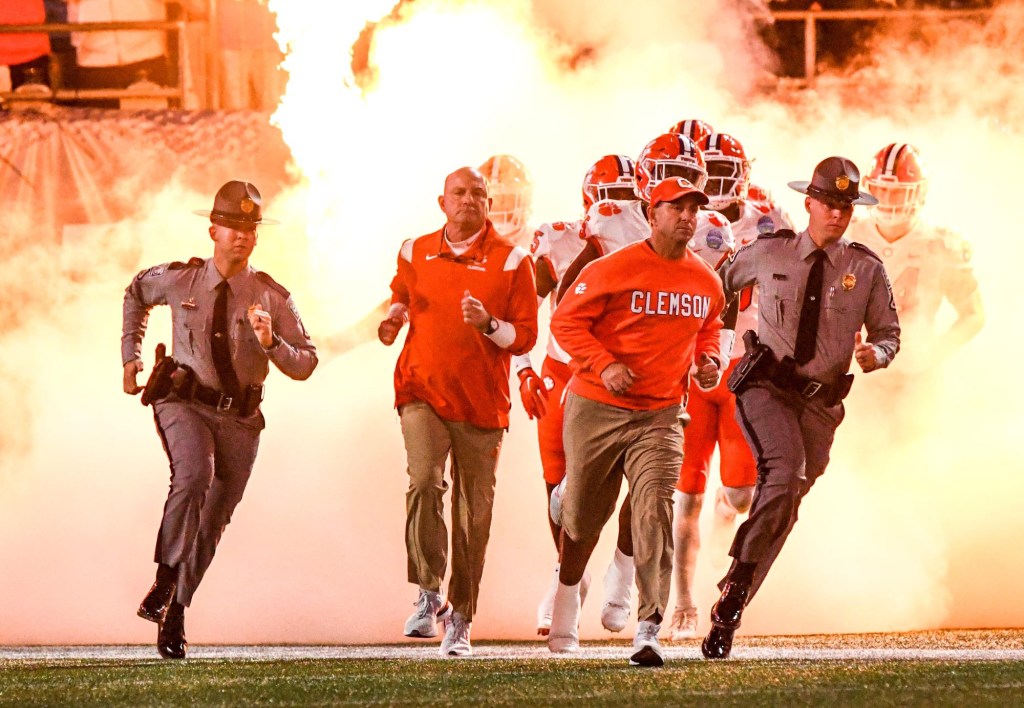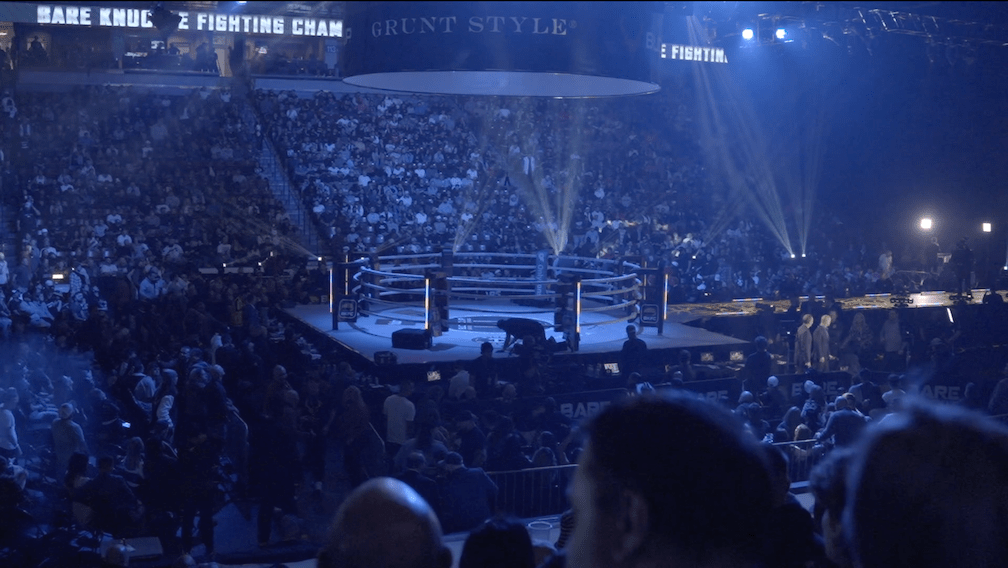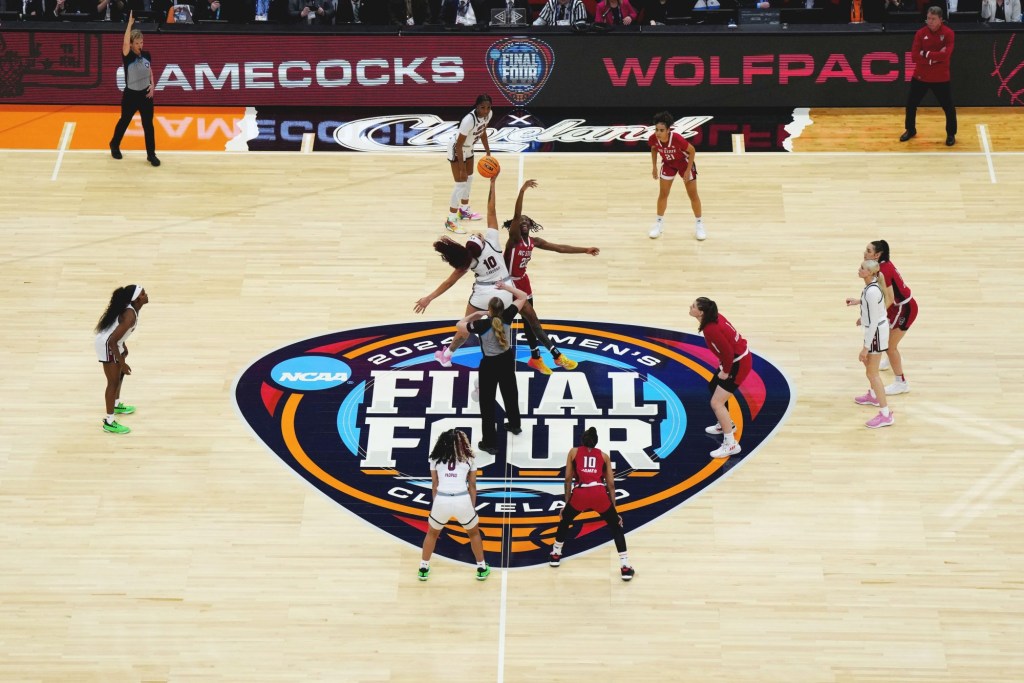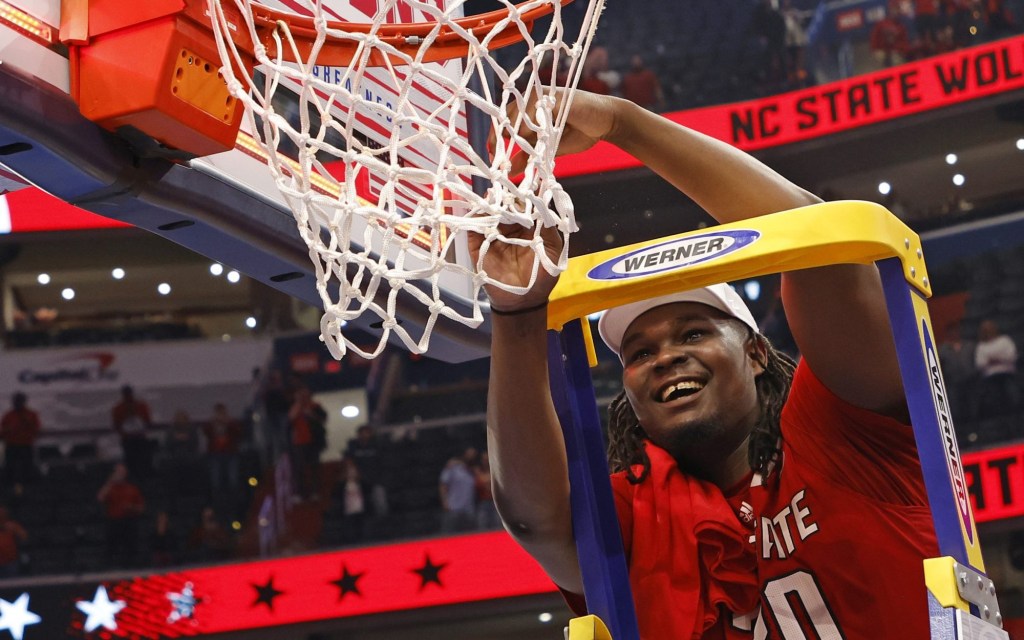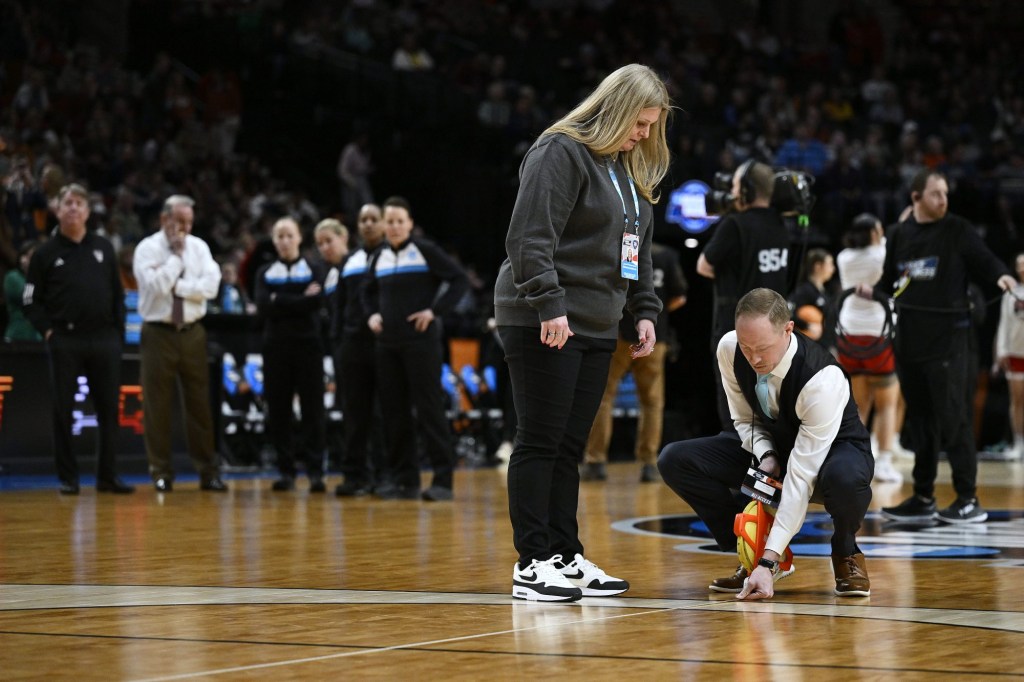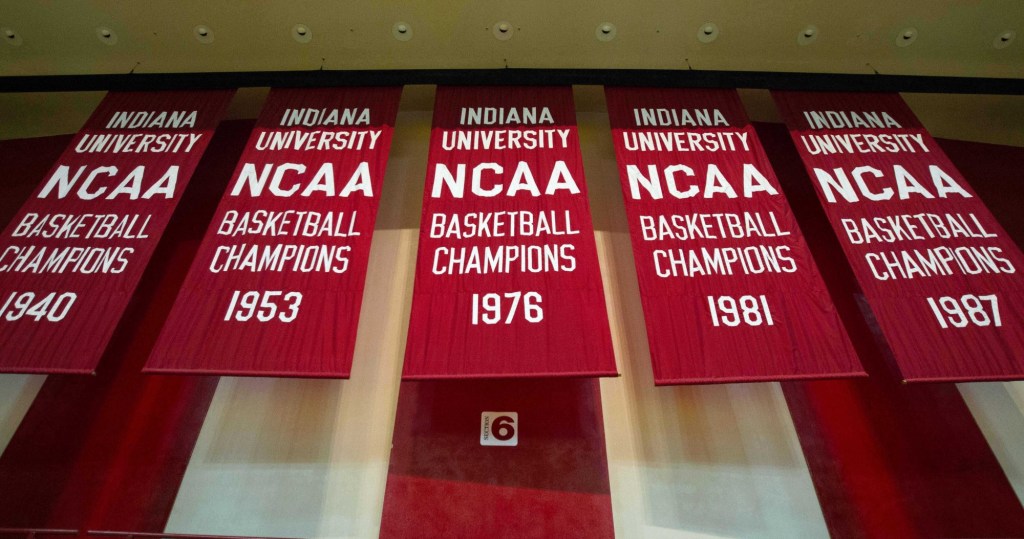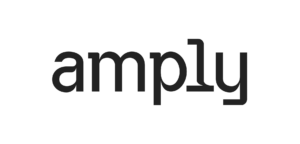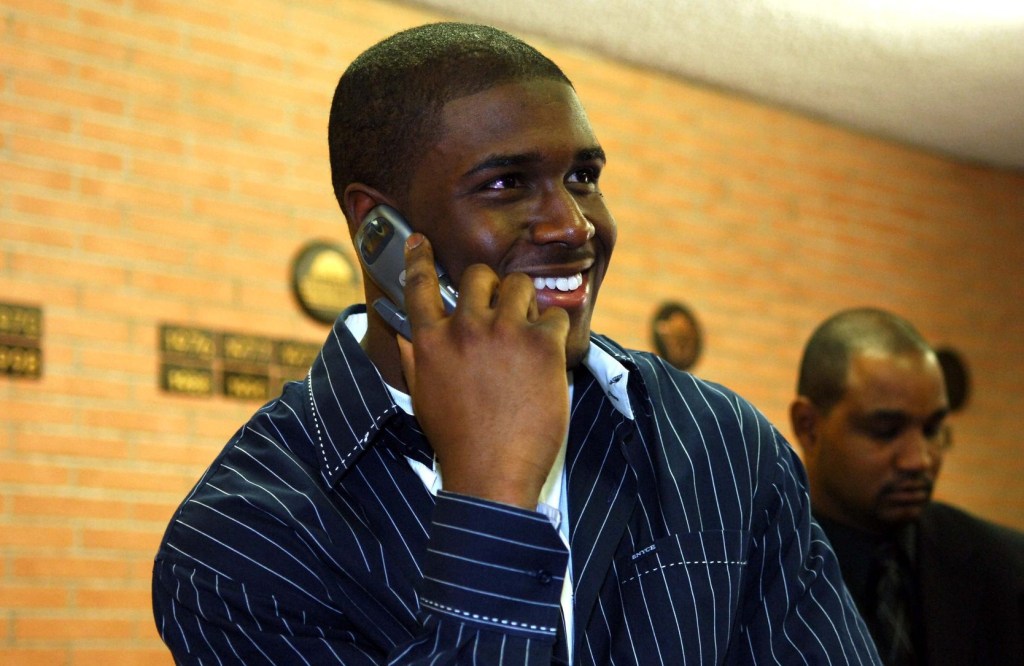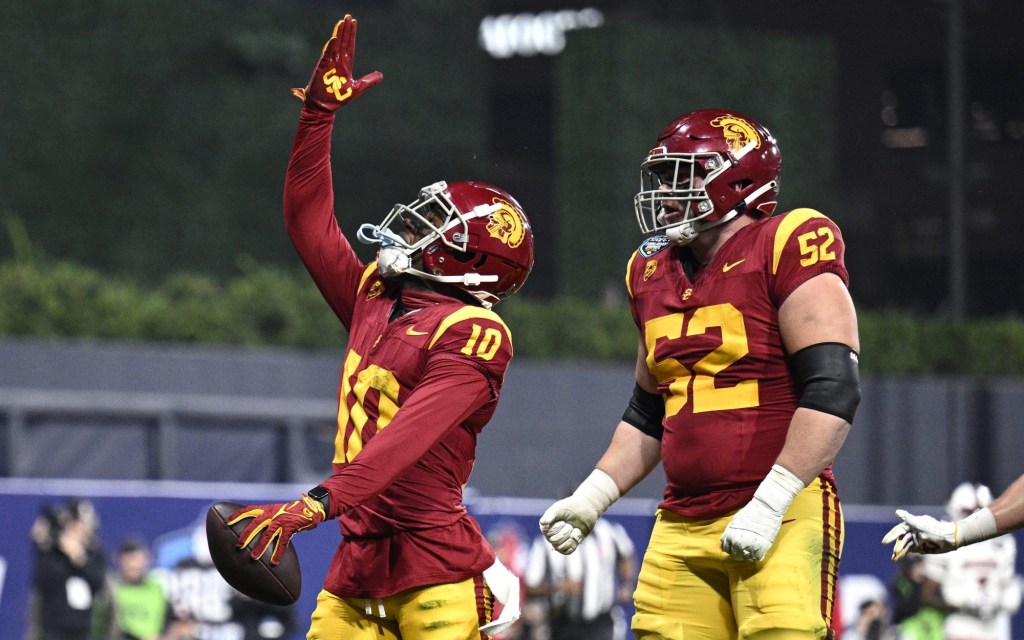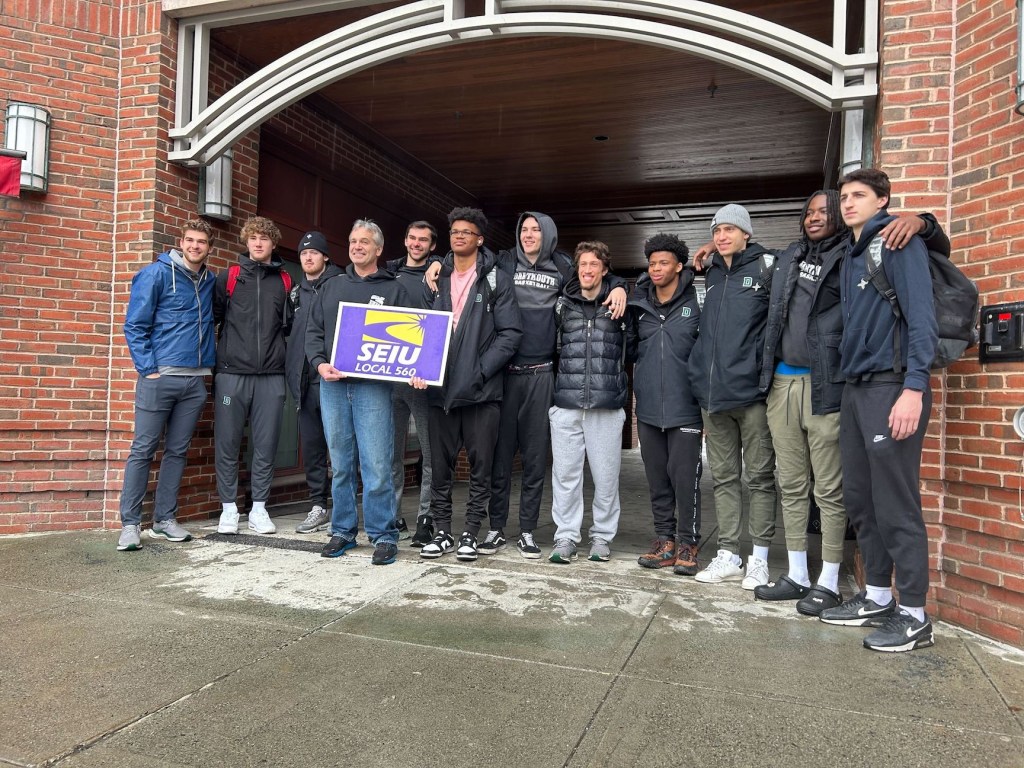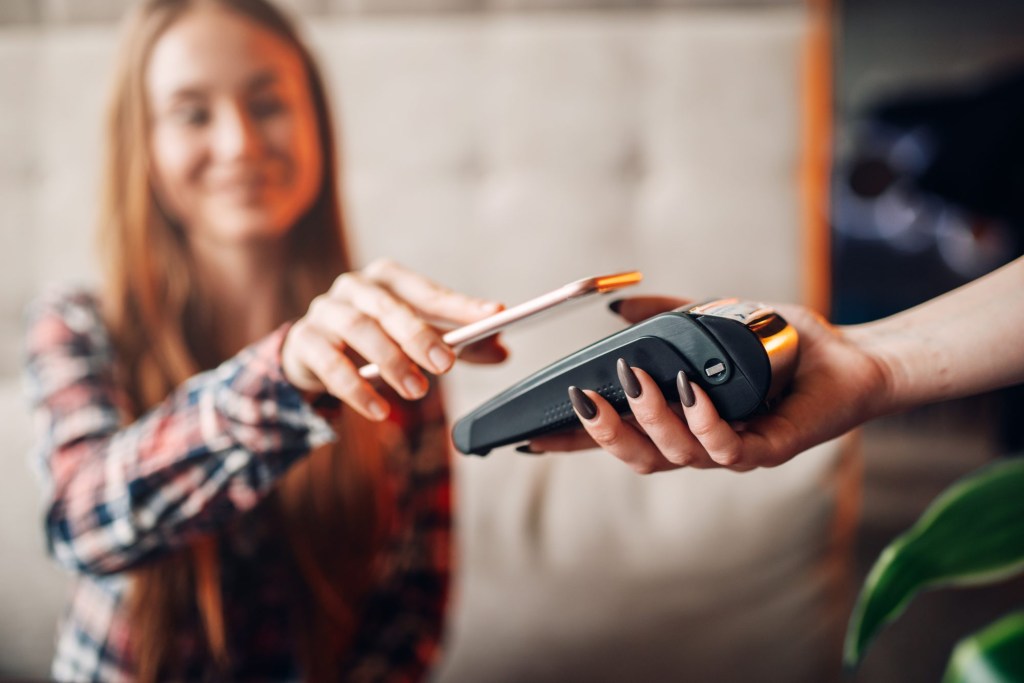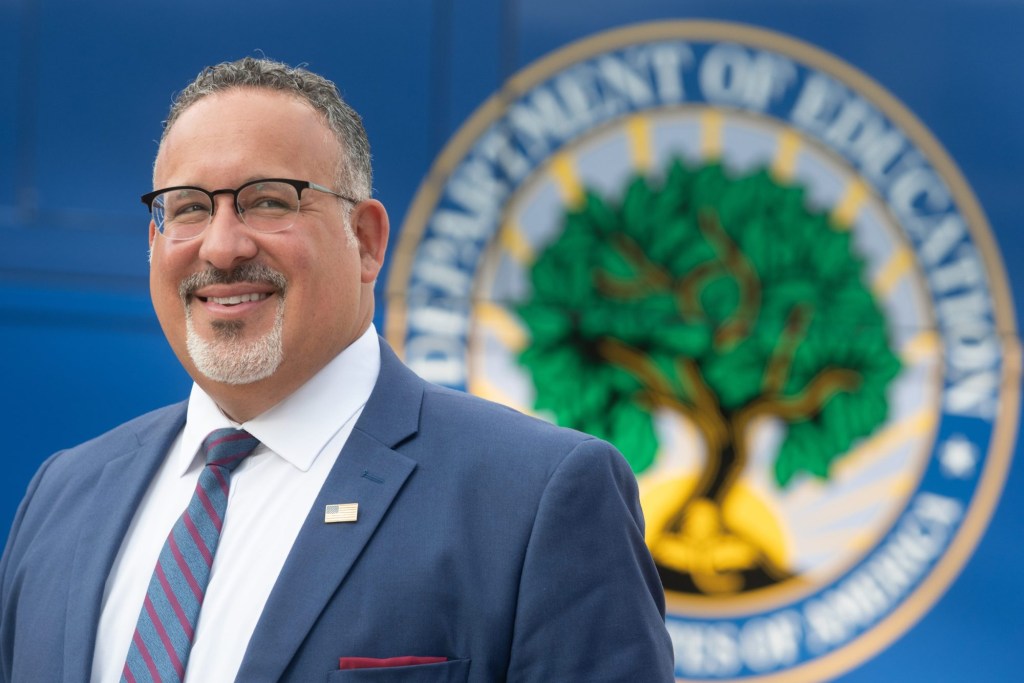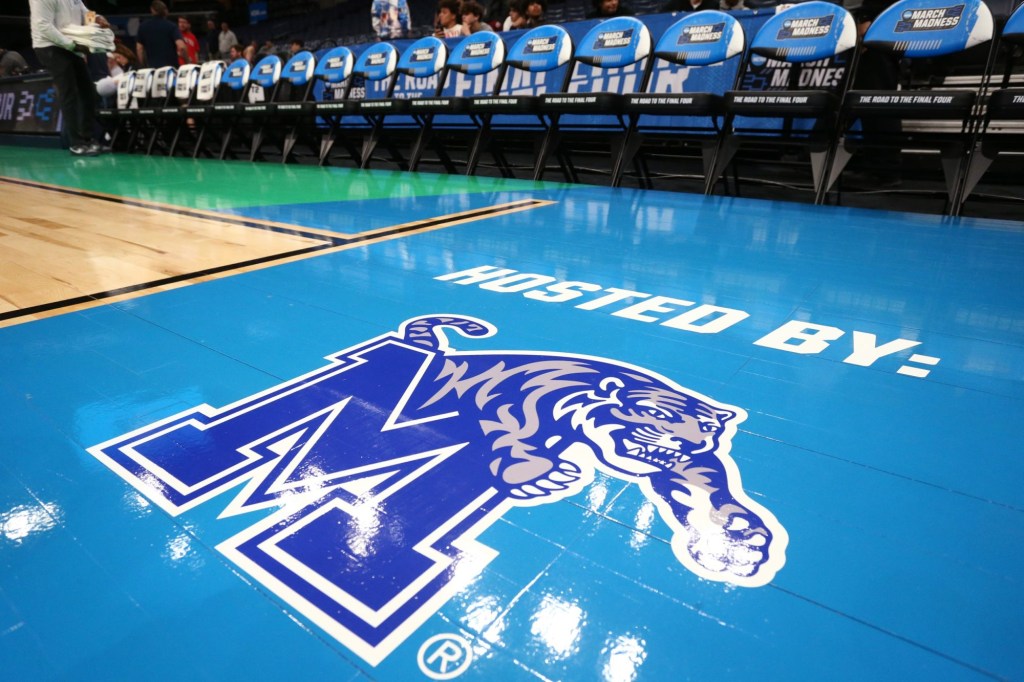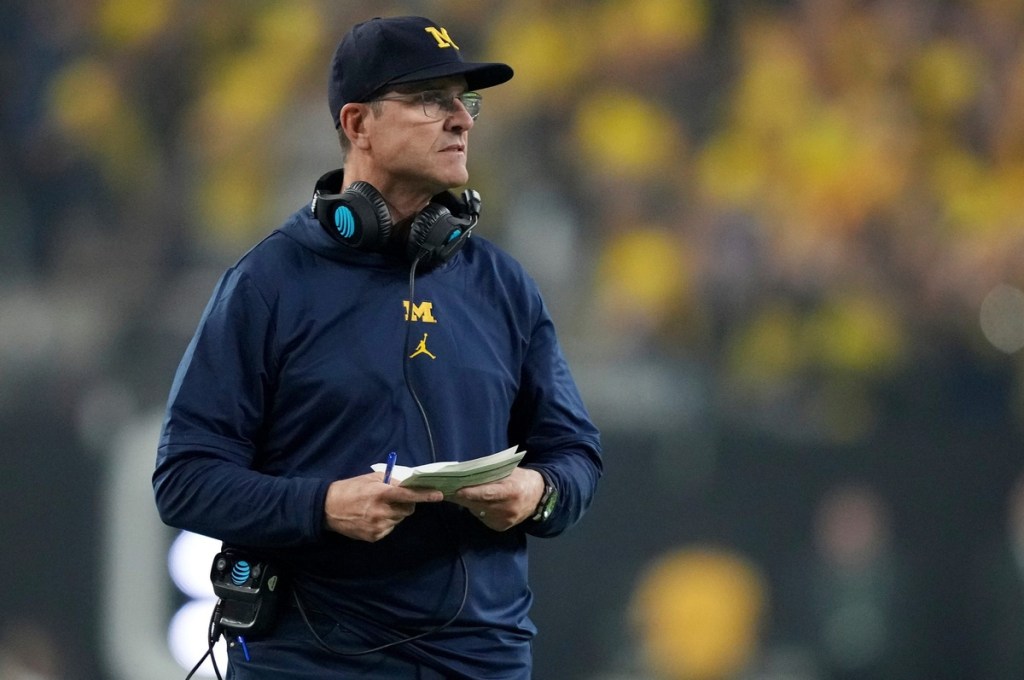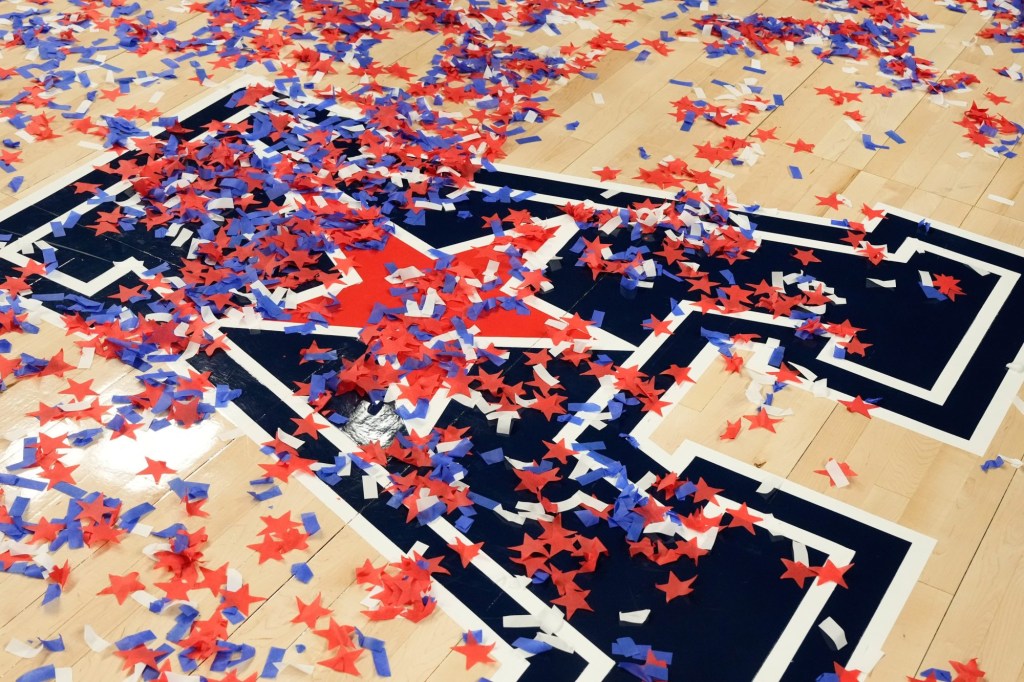As a former Notre Dame walk-on running back, Mick Assaf knew that the vast majority of college athletes wouldn’t generate enough buzz to land the biggest name, image, and likeness deals.
They won’t sign flashy contracts with Nike, Bose, or Gatorade. They won’t get millions from an NIL collective. But they can, he told Front Office Sports, earn money from fans. The company he founded, YOKE, is a technology platform that allows fans to pay athletes for content.
Assaf isn’t alone. Since the NIL era began, more than a dozen companies have begun exploring ways to facilitate fan-powered NIL deals through various strategies — a model they hope will “democratize” NIL.
In fact, fan-powered deals have the potential to take a multibillion-dollar share of the NIL market — the biggest in the industry, Opendorse CEO Blake Lawrence told FOS. “The buying power, cumulatively, of fans in each market is larger than that of the brands and donors.”
But while the potential is great, so are the obstacles — from unsustainable business models to athletes’ own barriers to entry.
The Models
For the majority of athletes, “no one’s provided a solution that’s worth it for them,” Jeffrey Clark, CEO of a new crowdfunding app called Booster Athletes, told FOS. “They feel disenfranchised.”
He believes that a model that incentivizes fans to pay for NIL is a potential major win for lesser-known athletes. Fans can fund multiple types of deals — from purchasing athlete memorabilia to subscriptions to exclusive content and event opportunities.
Companies like The Players Trunk and Opendorse, for example, have capitalized on the first type.
- The Players Trunk sells game-worn memorabilia and other merchandise.
- Opendorse recently launched a shop on its main website where fans can search for their favorite teams and players and purchase everything from shoutouts to autographs.
- That model is similar to Cameo, which allows fans of influencers, celebrities, and now college athletes to buy personalized videos for birthdays and milestones.
Assaf’s YOKE, as well as Clark’s Booster Athletes, have gone in a different direction — building subscription services. Both have been inspired by current or former athletes who either provided insight to the companies or work for them.
YOKE operates on a team-specific basis, signing up groups of players who take turns providing exclusive content and appearances on YOKE’s platforms. At the end of the month, they split their pool of revenue. More than 30 teams have signed up, including marquee Power 5 programs like Auburn.
Booster is similar, but geared more toward individual athletes than entire teams. In one month since launching, almost 2,000 athletes have joined, posting exclusive videos or photos for fans with a monthly subscription.
Opendorse is also “exploring” a subscription-based content service, Lawrence said, though the company hasn’t released a specific plan yet.
The Potential
There are 180 million college sports fans, according to a LEARFIELD study. “If each of those college sports fans were to spend, on average, $10 a year on NIL, it’s a multibillion dollar fan segment,” Lawrence said.
Fan-powered deals could solve a major issue in the current NIL landscape: sustainability.
Experts are concerned that big brands and NIL collectives spent big in the first year to garner headlines — but that that money will quickly dry up as they realize they may not have received a return on investment.
Companies don’t expect to make athletes rich off fan-powered deals alone. But they think fan-powered deals could tap into a consistent, long-standing NIL income stream.
“We’re not here to contribute another $100K to someone who is already making seven figures,” Clark said. “We’re here to democratize this whole thing.”
- If an athlete can get 50 subscribers on Booster, they could make $25,000 a year, Clark said. With even just 25, they could earn $10,000 annually.
- The average monthly income on YOKE’s platform is $6,000-$7,000, which athletes split equally.
- The most successful group so far is the Ann Arbor NIL Club, which rakes in about $30,000 a month on aggregate.
According to Assaf, non-athlete influencers increasingly favor gated content options. And sports fans have proven through ticket and memorabilia sales that they’re willing to pay to support their teams — they just need to understand that NIL is a new way to do it.
“It is more likely for one of those 1,000 followers on social media to buy a shoutout, or an autograph, or book an appearance…than it is to have a business in your community to spend enough time to get to know you to decide to make a business decision to partner with you,” Lawrence agreed.
The Obstacles
Fan-powered deals don’t guarantee success, however.
Right now, they only comprise 4% of total NIL earnings, according to data provided to Axios. Collectives that offer subscriptions aren’t currently making substantial revenue, and it’s unclear whether any of the existing services will be successful in the long term.
Their pay structure, for example, leaves something to be desired.
- Yoke takes 18% of each deal (previously 25%).
- Booster takes 20%.
- When athletes are only making a few hundred a month — or less — that’s a sizable chunk of their pre-tax earnings.
“I definitely am cognizant of the fact that that is higher than people would like,” Assaf said, while noting that those earnings go toward keeping the platform running.
Even if the stars do align and we see efficient business models and fan engagement, there’s still no guarantee athletes themselves will take full advantage.
NIL companies and brands have discovered many athletes are either unable or unwilling to dedicate multiple hours a week to NIL activities. In order for the industry to be accessible to them, demands need to be simple — and yield a reasonable return.
“The fan segment of NIL has the potential to be the most sustainable, consistent revenue stream for student athletes based on the size of the market,” Lawrence said.
It just has to be done right.

